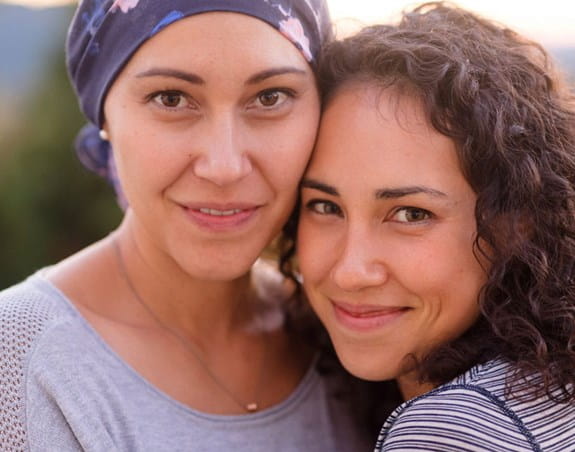
Treatment types
There are several types of treatment for cancer, including surgery, radiation and chemotherapy. The type of treatment you have will depend on the type of cancer you have, the stage of cancer, your personal preferences and your age.

Surgery
The main goal of surgery to treat cancer is to completely remove the tumour or cancerous tissue. Surgery is most effective at completely removing cancer that is at an early stage, is localized and hasn’t spread to other parts of the body.


Chemotherapy
Chemotherapy uses drugs to kill cancer cells. Chemotherapy drugs can be given on their own or in a combination. Chemotherapy may also be given with other treatments, such as radiation therapy or targeted therapy.


Radiation therapy
Radiation therapy works by destroying cancer cells and damaging a cancer cell’s DNA so that it stops dividing and growing. Radiation therapy may be used alone to treat cancer or with other treatments such as surgery or chemotherapy.

Other treatments
Hormone therapy
Hormone therapy adds, blocks or removes hormones to slow or stop the growth of cancer cells that need hormones to grow.
Immunotherapy
Immunotherapy helps to strengthen the immune system or restore the immune system’s ability to fight cancer.
Targeted therapy
Targeted therapy drugs target molecules in or on cancer cells to slow the growth of cancer, destroy cancer cells or relieve symptoms.
Stem cell transplant
A stem cell transplant replaces stem cells or bone marrow that are destroyed or damaged by some types of cancer or by some treatments.
Bisphosphonates
Bisphosphonates are drugs that protect bones from the effects of some cancers and may be used to treat multiple myeloma or bone metastases.
Supportive drugs
Supportive drugs do not treat cancer directly, but they can lessen treatment side effects by protecting certain cells or organs.
Cancer vaccines
Cancer treatment vaccines try to get the immune system to attack cancer cells in the body. Most of these vaccines are still being studied in clinical trials.
